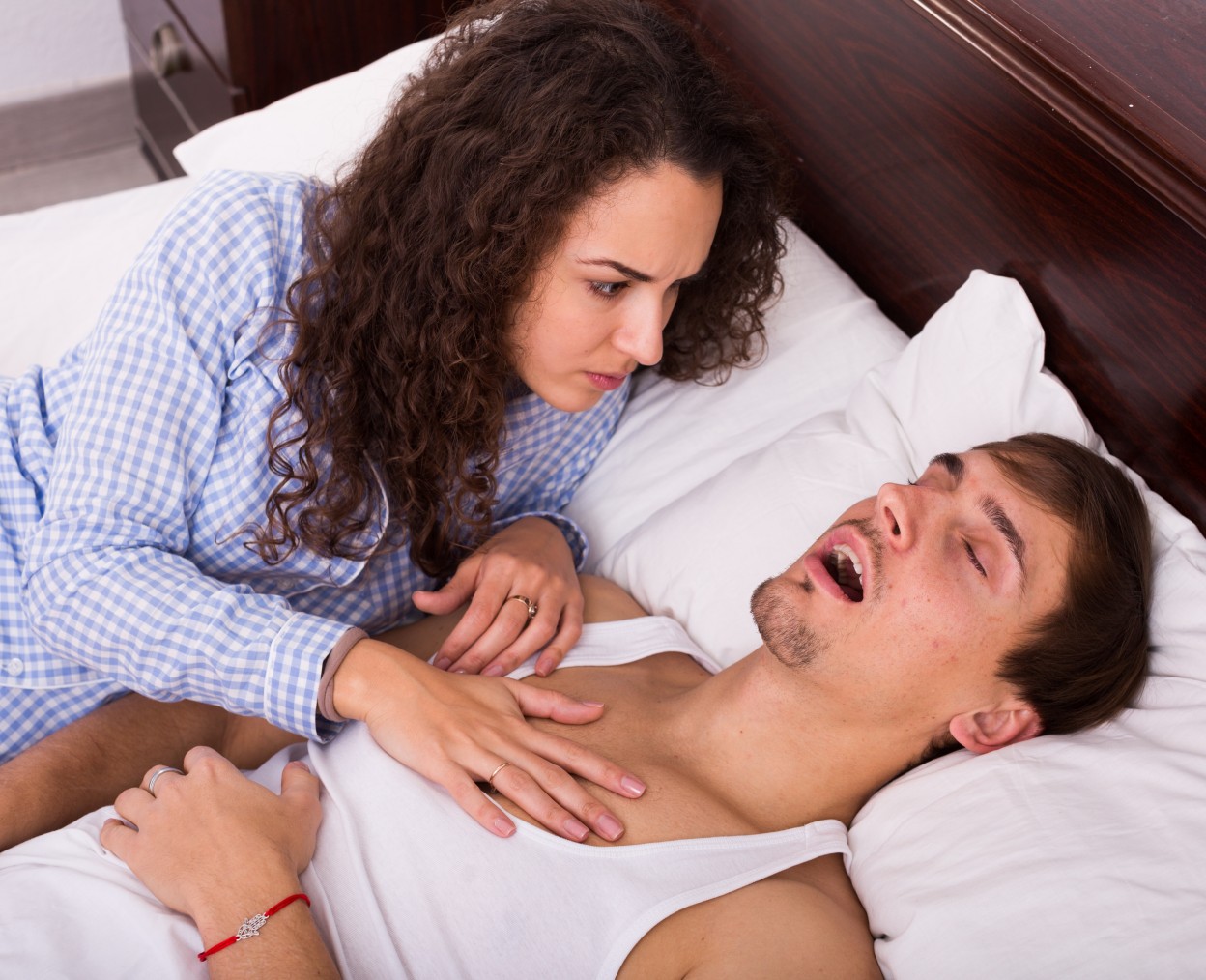Pompe Disease and Sleep

Pompe disease is a rare, progressive, neuromuscular genetic disorder characterized by muscle damage and weakness. Fatigue, excessive daytime sleepiness, and sleep disturbances are common, especially in the late-onset form of the disease.
How Pompe disease may affect sleep
As Pompe disease progresses, the abnormal buildup of glycogen — sugar molecules inside cells — leads to damage and weakness in organs, muscles and tissue. When this happens in the muscles that play a role in breathing, patients begin to lose respiratory function.
The first sign of this weakness often is sleep-disordered breathing, either as shallow breathing due to weakness in the diaphragm or obstructive sleep apnea (OSA). OSA can occur in Pompe disease patients with larger tongues (macroglossia) or with potential upper airway collapse due to low muscle tone.
Patients with sleep-disordered breathing often experience excessive daytime sleepiness and fatigue due to sleep disruptions.
The stress, anxiety, and depression that come with having a chronic, progressive disease also can interfere with the ability to get restful sleep.
Treatment options
Patients with Pompe disease and possible sleep-disordered breathing will often undergo polysomnography, a test in which physicians monitor a patient’s breathing, brain waves, oxygen level, heart rate, and movements during sleep.
As with patients in the general population, doctors treat many sleep disorders with positive airway pressure therapy, a type of non-invasive ventilation. During the treatment, patients wear a mask, which provides increased air pressure to help keep the airways open and prevent OSA. The mask also helps increase the volume of air in the lungs and the amount of oxygen in the blood.
A case report showed that enzyme replacement therapy helped patients with Pompe disease and OSA. The patients improved enough so as to no longer need positive airway pressure therapy.
For sleep disturbances due to stress or depression, physicians might recommend consultation with a therapist. The therapist may be able to teach the patient strategies to deal with these feelings and promote self-care.
Last updated: Dec. 1, 2020
***
Pompe Disease News is strictly a news and information website about the disease. It does not provide medical advice, diagnosis or treatment. This content is not intended to be a substitute for professional medical advice, diagnosis, or treatment. Always seek the advice of your physician or other qualified health provider with any questions you may have regarding a medical condition. Never disregard professional medical advice or delay in seeking it because of something you have read on this website.






